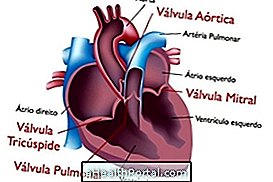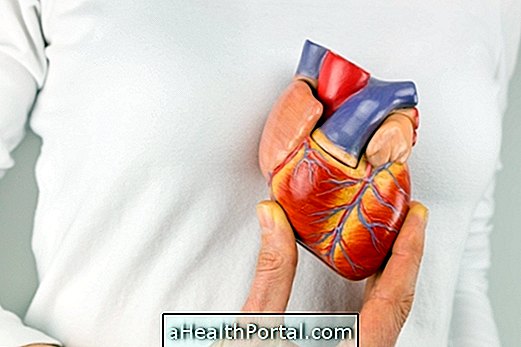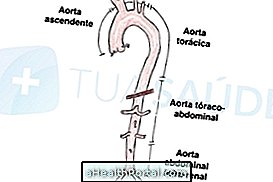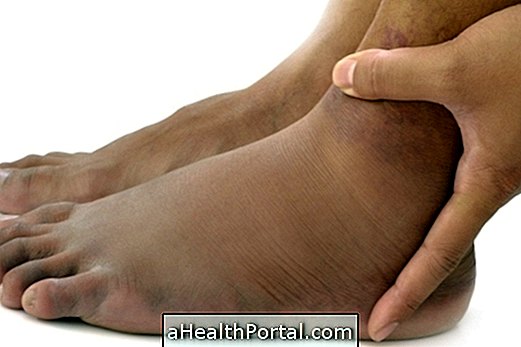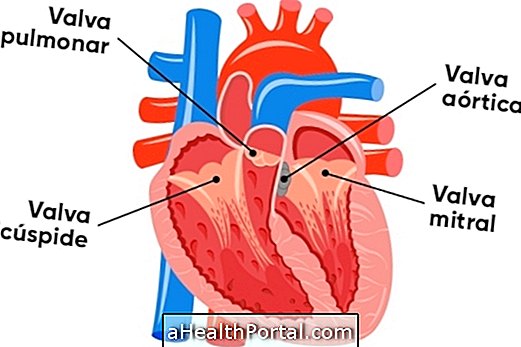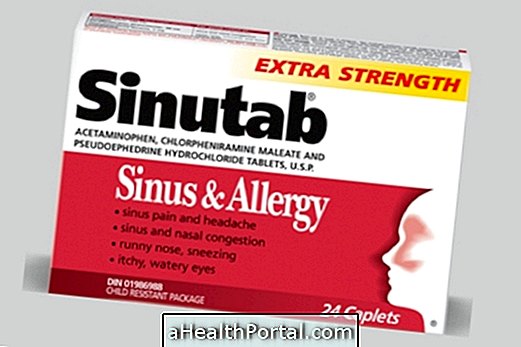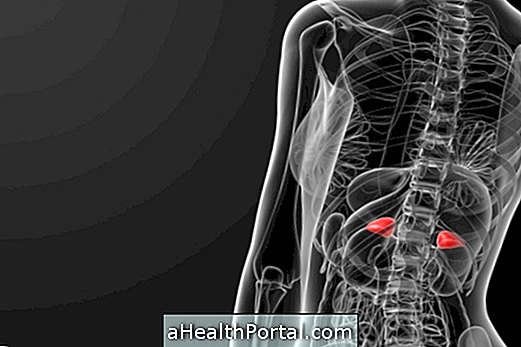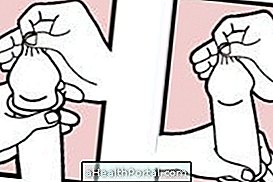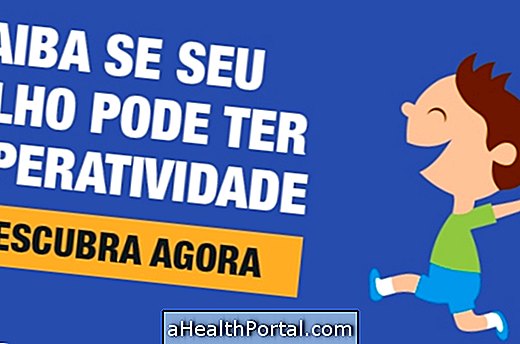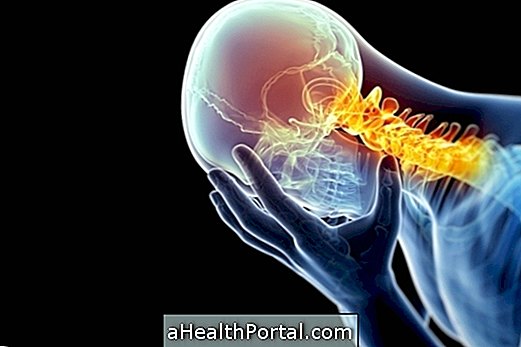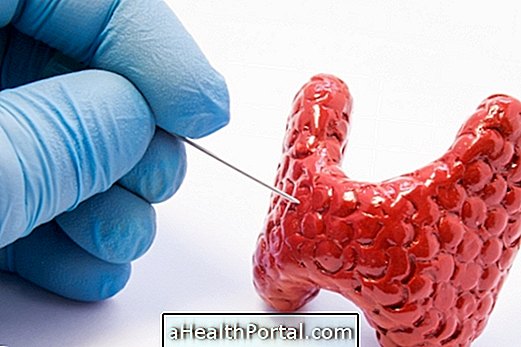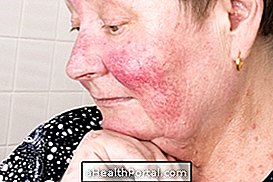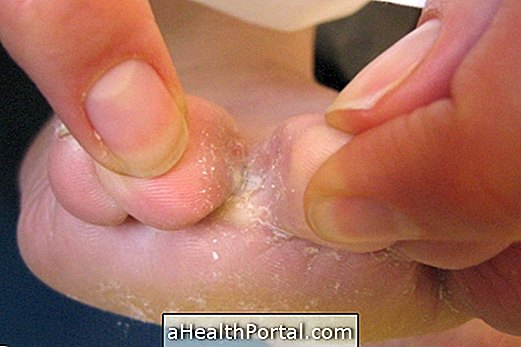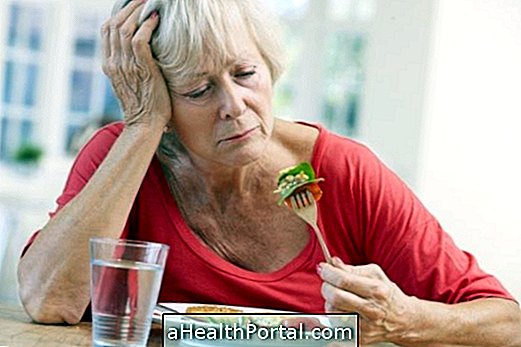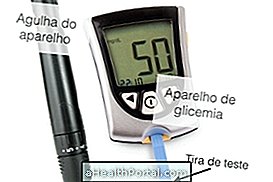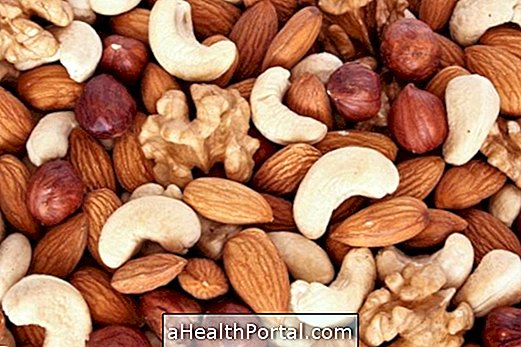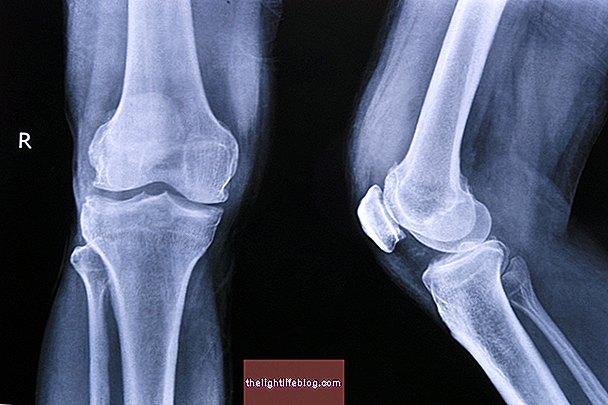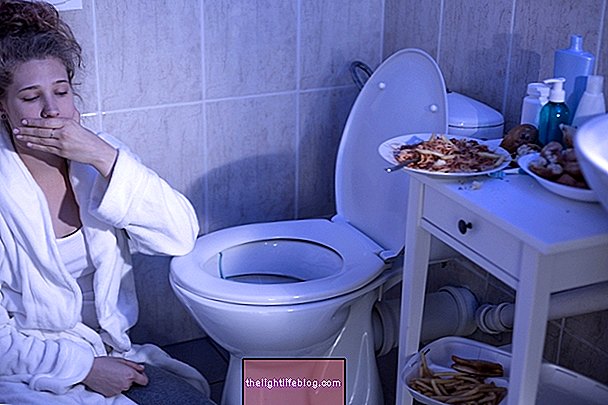One of the main tips for managing high blood pressure is to decrease salt intake because salt is high in sodium, a mineral that, while essential for life, when consumed in excess causes blood pressure to rise, raising the risk of cardiovascular problems such as stroke or heart attack.
In addition, it is still very important to maintain an adequate intake of water, with about 2 liters per day, and to practice physical exercise for at least 30 minutes a day, being able to opt for lighter activities such as walking or swimming, for example. Check out a complete list of exercises that help regulate the pressure.
In the case of low blood pressure, it is usually not a matter of alarm, especially if the person has a history of lower than normal blood pressure. However, if this low pressure suddenly arises, it is important to evaluate your cause with the doctor.
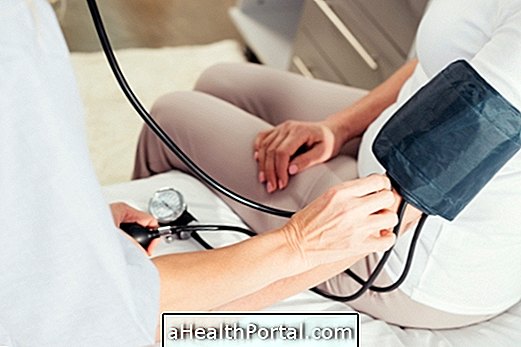
1. How to control high blood pressure
To control high blood pressure it is necessary to change some daily habits such as:
- Decrease the use of salt by replacing it with herbs. Here's how to prepare a blend of herbs;
- Try to avoid situations of great stress;
- Decrease body weight;
- Avoid smoking cigarettes;
- Avoid alcoholic beverages;
- Exercise at least 30 minutes a day;
- Avoid consumption of fats and fried foods;
- Controlling blood cholesterol;
- Avoid drugs that increase blood pressure such as caffeine, antidepressants, corticosteroids, amphetamines, cocaine and others.
The cardiologist should be the specialist consulted to properly diagnose and treat high blood pressure, because although there is no cure, hypertension can be controlled, reducing the risk of cardiovascular problems.
In some cases, when these measures are not enough, your doctor may advise you to use antihypertensive drugs, which may need to be taken every day and for the rest of your life as your doctor advises.
How To Control Pregnancy Pressure
To control the pressure in pregnancy, changes in lifestyle and feeding are needed, such as:
- Maintain weight according to the gestational period;
- Sleep at least 8 hours a day;
- Decrease salt intake;
- Do walk regularly according to medical advice.
Pregnant women who already suffer from hypertension should have follow-up and treatment with the cardiologist during pregnancy so that it does not aggravate hypertension and harm the baby's health.
High blood pressure in pregnancy may also be called preeclampsia and is usually evaluated at prenatal visits by the obstetrician. Understand better what pre-eclampsia is.
2. How to control low blood pressure
To control a low blood pressure crisis, especially in people who have high blood pressure, one should:
- Rise slowly;
- Look for an airy place;
- Lying with legs raised;
- Avoid crossing your legs when sitting;
- Avoid standing for long and avoiding terrifying situations;
- Eat small meals with little carbohydrate;
- Drink at least 2L of water per day;
- In some cases increase salt intake following medical advice.
Low blood pressure may be related to serious illnesses such as myocardial infarction, pulmonary embolism or diabetes, especially if it arises suddenly, and therefore a medical appointment is indicated if these pressure drops are frequent. Check out the main causes of low blood pressure.
How to Control the Pressure Naturally
To control the pressure naturally there are some natural foods and herbs, which can be ingested during the day, and which include:
| Banana | Melon | Dark green vegetables | Oats |
| Almond | Pumpkin | Yam | Spinach |
| Passion fruit | Black bean | Watermelon | Guava |
Seasonings such as parsley, pepper, fennel and rosemary, as well as garlic and linseed oil, can also be effective in lowering blood pressure. These foods naturally help in controlling the pressure due to the vitamins and minerals found. See more about foods that help regulate blood pressure.
In addition to having this care, the hypertensive should measure the pressure every 3 months, taking all necessary care to make the values true. See what these precautions are, in the following video:


